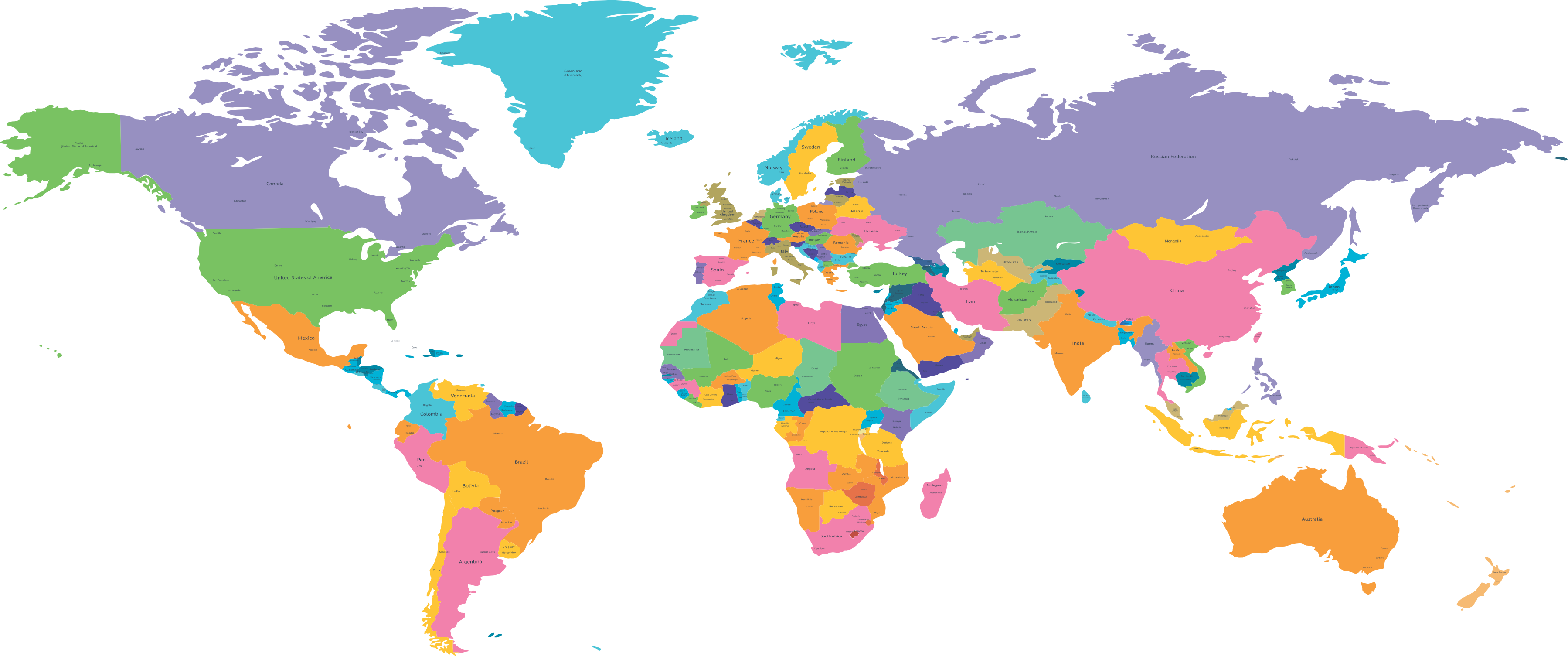Social Appearance Anxiety and Self-Esteem: A Study of Pakistani TikTok Users
DOI:
https://doi.org/10.55737/rl.2025.44122Keywords:
Social Appearance Anxiety, Self-esteem, Tik Tok Users, Purposive SamplingAbstract
TikTok's quick growth has changed how people use social media, making it easier for them to express themselves creatively and compare themselves to others. Despite the platform's emphasis on visibility and engagement, worries about one's appearance and esteem have only grown. The objective of this study is to explore the relationship between Social Appearance Anxiety (SAA) and Self-esteem among TikTok users. Further, it also investigates social appearance anxiety as a predictor of self-esteem and the role of demographic variables. The purposive sampling technique was used to select the sample of 200 TikTok users. The Social Appearance Anxiety Scale and the Rosenberg Self-esteem Scale were used to collect data. Correlational analyses revealed that there is a significant negative relationship between SAA and self-esteem among TikTok users. Multiple regression analysis was used to identify social appearance as a predictor of self-esteem and time duration. Results indicate that social appearance anxiety was a significant predictor of self-esteem and time spent on TikTok. Results indicate differences in SAA in relation to the gender of the participants. It can be concluded that TikTok use may trigger psychological issues, hence negatively affect the self-esteem of youth.
References
Abdelaziz, M. N., Moustafa, A. R., Azzam, H., Bshar, A. M., Ismail, I. S., & Elhadidy, O. Y. (2025). Association between beauty standards shaped by social media and body dysmorphia among Egyptian medical students. Scientific Reports, 15(1), 12976. https://doi.org/10.1038/s41598-025-95617-3
Aggarwal, P. (2020). Social media use for body comparison, body image concern and self-esteem. International Journal of Indian Psychology, 8(2). https://doi.org/10.25215/0802.064
Alamer, M. A., Alrashed, H., Abuageelah, B. M., Kinkar, L. I., Alwayel, Z. A., Alfaifi, M. H., ... & Alzakry, L. (2023). Impact of social media on choosing skin care and cosmetic products among females in Saudi Arabia. Cureus, 15(12), e49922. https://doi.org/10.7759/cureus.49922
Alfonso-Fuertes, I., Alvarez-Mon, M. A., Del Hoyo, R. S., Ortega, M. A., Alvarez-Mon, M., & Molina-Ruiz, R. M. (2023). Time spent on Instagram and body image, self-esteem, and physical comparison among young adults in Spain: Observational study. JMIR Formative Research, 7(1), e42207. https://doi.org/10.2196/42207
Andlib, Z., & Fatima, A. (2025). Beyond the filter: Social media use and youth mental health in a developing economy. Pakistan Journal of Economic Studies (PJES), 8(2), 132–143. https://journals.iub.edu.pk/index.php/pjes/article/view/3885
Ariffin, N. M., Fikry, A., Shobri, N. D. M., & Ilias, I. S. C. (2024). A review of TikTok livestreaming commerce. Information Management and Business Review, 16(3), 67–77. https://doi.org/10.22610/imbr.v16i3S(I)a.4121
Chowdhury, A. M., & bin Ahsan, W. (2024). Impact of social media on body image and mental health among youth in Bangladesh: A mixed-methods study. Userhub Journal. https://doi.org/10.58947/journal.fzra78
Conte, G., Iorio, G. D., Esposito, D., Romano, S., Panvino, F., Maggi, S., ... & Terrinoni, A. (2025). Scrolling through adolescence: A systematic review of the impact of TikTok on adolescent mental health. European Child & Adolescent Psychiatry, 34(5), 1511–1527. https://doi.org/10.1007/s00787-024-02581-w
Esponja, J. C. P., Tulud, D. M., Esto, J. B., Santos, J. A. D., Paylangco, C. L. B., Francisco, J. B., ... & Bicodo-Ortele, L. (2025). The relationship between social appearance anxiety and holistic self-esteem among university students in Southern Philippines. Journal of Public Health, 13(3), 607–615. https://doi.org/10.13189/ujph.2025.130309
Festinger, L. (1954). A theory of social comparison processes. Human Relations, 7(2), 117–140. https://doi.org/10.1177/001872675400700202
Hart, T. A., Flora, D. B., Palyo, S. A., Fresco, D. M., Holle, C., & Heimberg, R. G. (2008). Development and examination of the Social Appearance Anxiety Scale. Assessment, 15(1), 48–59. https://doi.org/10.1177/1073191107306673
Hendrikse, C., & Limniou, M. (2024). The use of Instagram and TikTok in relation to problematic use and well-being. Journal of Technology in Behavioral Science, 9(4), 846–857. https://doi.org/10.1007/s41347-024-00399-6
Jain, L., Velez, L., Karlapati, S., Forand, M., Kannali, R., Yousaf, R. A., ... & Ahmed, S. (2025). Exploring problematic TikTok use and mental health issues: A systematic review of empirical studies. Journal of Primary Care & Community Health, 16, 21501319251327303. https://doi.org/10.1177/21501319251327303
Jiménez-García, A. M., Arias, N., Hontanaya, E. P., Sanz, A., & García-Velasco, O. (2025). Impact of body-positive social media content on body image perception. Journal of Eating Disorders, 13(1), 153. https://doi.org/10.1186/s40337-025-01286-y
Katsiroumpa, A., Moisoglou, I., Gallos, P., Katsiroumpa, Z., Konstantakopoulou, O., Tsiachri, M., & Galanis, P. (2025). Problematic TikTok use and its association with poor sleep: A cross-sectional study among Greek young adults. Psychiatry International, 6(1), 25. https://doi.org/10.3390/psychiatryint6010025
Lartey, S. (2024). The future influence of TikTok on evolving social media trends: A comprehensive analysis. Teesside University.
Lau, N., Srinakarin, K., Aalfs, H., Zhao, X., & Palermo, T. M. (2025). TikTok and teen mental health: An analysis of user-generated content and engagement. Journal of Pediatric Psychology, 50(1), 63–75. https://doi.org/10.1093/jpepsy/jsae039
Leary, M. R. (2005). Sociometer theory and the pursuit of relational value: Getting to the root of self-esteem. European Review of Social Psychology, 16(1), 75–111. https://doi.org/10.1080/10463280540000007
Limniou, M., Duckett, H., & Mitchell, E. (2025). TikTok fitspiration and fitness ideal internalisation: Gender differences in self-esteem and body satisfaction. Frontiers in Psychology, 16, 1578510. https://doi.org/10.3389/fpsyg.2025.1578510
Lin, Z. (2023). Analysis of the psychological impact of TikTok on contemporary teenagers. In SHS Web of Conferences (Vol. 157, p. 01024). EDP Sciences. https://doi.org/10.1051/shsconf/202315701024
Marshella, R. B., Samita, C. P., & Metekohy, J. R. S. (2025). Social comparison in social media among adolescents: Is it associated with lower life satisfaction? Jurnal Psikogenesis, 13(1), 90–97. https://doi.org/10.24854/jps.v13i1.4672
Merino, M., Tornero-Aguilera, J. F., Rubio-Zarapuz, A., Villanueva-Tobaldo, C. V., Martín-Rodríguez, A., & Clemente-Suárez, V. J. (2024, July). Body perceptions and psychological well-being: A review of the impact of social media and physical measurements on self-esteem and mental health with a focus on body image satisfaction and its relationship with cultural and gender factors. Healthcare, 12(14), 1396. MDPI. https://doi.org/10.3390/healthcare12141396
Mulida, I., & Silma, N. (2025). The impact of TikTok social media application on children’s development behaviour and digital well-being. Kajian Pendidikan, Seni, Budaya, Sosial Dan Lingkungan, 2(1), 32–41. https://doi.org/10.58881/kpsbsl.v2i1.32
Nasidi, Q. Y., Norde, A. B., Dahiru, J. M., & Hassan, I. (2024). TikTok usage, social comparison, and self-esteem among the youth: Moderating role of gender. Galactica Media: Journal of Media Studies, 6(2), 121–137. https://doi.org/10.46539/gmd.v6i2.467
Nnamchi, O. C., Ike, O. O., Okafor, C. O., Ogba, K. T. U., Obunukwu, G. C., & Agu, E. C. (2024). Social media use and self-esteem as predictors of body image dissatisfaction among young adults in University of Nigeria, Nsukka. Journal for Family & Society Research, 3(1), 25-31. https://jfsr.afass.org.ng/index.php/JFSR/article/view/73
Rahmalia, M. N., & Laili, L. (2025). The intensity of using TikTok social media as a mediator of self-esteem and body image in adolescents. Jurnal Ilmiah Psikologi Terapan, 13(1), 54–60. https://doi.org/10.22219/jipt.v13i1.36002
Rosenberg, M. (1965). Society and the adolescent self-image. Princeton University Press.
Safdar, G., Fatima, S. N., & Khan, A. W. (2024). Examining the psychological consequences of TikTok usage on young females in Pakistan. Journal of Mass Communication Department, Dept of Mass Communication, University of Karachi, 30(01), 1–12. https://doi.org/10.46568/jmcd.v30i01.322
Saiphoo, A. N., & Vahedi, Z. (2019). A meta-analytic review of the relationship between social media use and body image disturbance. Computers in Human Behavior, 101, 259–275. https://doi.org/10.1016/j.chb.2019.07.028
Seekis, V., & Kennedy, R. (2023). The impact of #beauty and #self-compassion TikTok videos on young women’s appearance shame and anxiety, self-compassion, mood, and comparison processes. Body Image, 45, 117–125. https://doi.org/10.1016/j.bodyim.2023.02.006
Steinsbekk, S., Wichstrøm, L., Stenseng, F., Nesi, J., Hygen, B. W., & Skalická, V. (2021). The impact of social media use on appearance self-esteem from childhood to adolescence: A 3-wave community study. Computers in Human Behavior, 114, 106528. https://doi.org/10.1016/j.chb.2020.106528
Taylor, J., & Armes, G. (2024). Social comparison on Instagram, and its relationship with self-esteem and body-esteem. Discover Psychology, 4(1), 126. https://doi.org/10.1007/s44202-024-00241-3
Termizi, A. N. M., & Herwan, N. N. M. (2021). The relationship between beauty standards on social media and body dissatisfaction. Jurnal Evolusi, 2(2). https://doi.org/10.61688/jev.v2i2.30
Tian, J., Li, B., & Zhang, R. (2024). The impact of upward social comparison on social media on appearance anxiety: A moderated mediation model. Behavioral Sciences, 15(1), 8. https://doi.org/10.3390/bs15010008
Wang, X., Wang, Y., Yang, S., Li, Z., & Fu, C. (2025). Social appearance anxiety and body checking behavior in the relationship between social media addiction and depressive symptoms among college students. Frontiers in Psychiatry, 16, 1608527. https://doi.org/10.3389/fpsyt.2025.1608527
Zhang, Z., & Zhou, M. (2024). The impact of social media information exposure on appearance anxiety in young acne patients: A moderated chain mediation model. Frontiers in Psychology, 15, 1409980. https://doi.org/10.3389/fpsyg.2024.1409980




